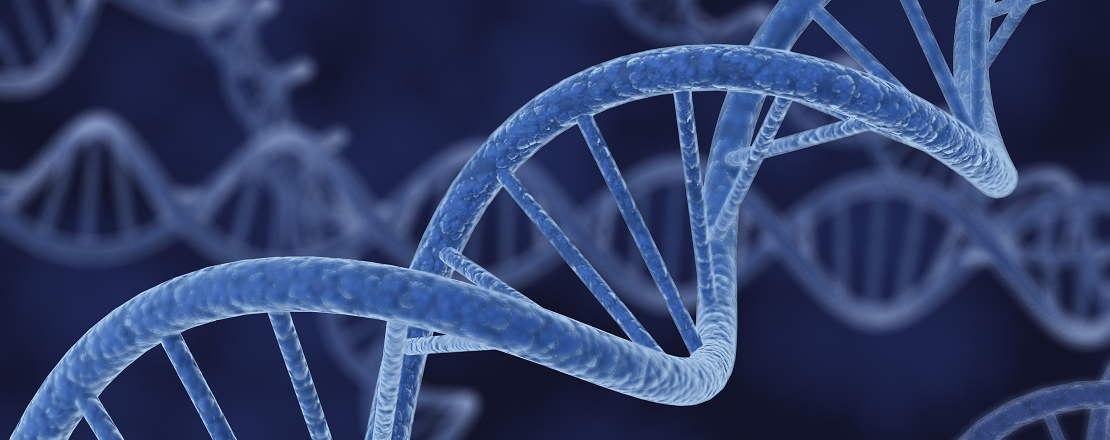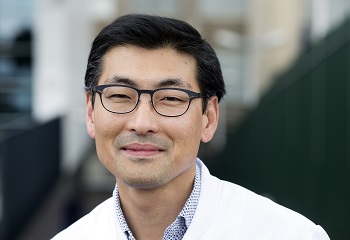On April 25th, DNA Day is celebrated worldwide, commemorating the discovery of DNA and the Human Genome Project. We asked Martijn Lolkema, Medical Director Early Drug Development at Amgen, what the discovery of DNA means to him and to the health of us all.
What does this discovery mean to you?
DNA contains the basic information of our life. The beauty of DNA, and the new technologies to read it, is that it gives us the ability to understand the blueprint of life. In research on, for example, cancer, it is a lifeline! The abnormalities in DNA explain why cancer behaves so differently. For me and many other cancer researchers, understanding the abnormalities in the DNA of cancer cells is an endless source of inspiration in the search for the best treatment of patients.
What has this discovery meant for drug development? And the health of us all?
Cancer is essentially a disease of DNA. The basis for cancer lies in the fact that despite all the precautions of nature, abnormalities continuously occur in DNA. And once there are abnormalities, they can be passed on again. This process causes the development and spread of a cancerous tumor. Reading the DNA in these tumors gives us the ability to look at what the "drivers" of tumor growth are. Knowing what is abnormal and drives the tumor, we can treat it much more specifically. Understanding the specific abnormalities in each cancer types enables us to envision a future where we make the treatment of cancer much more precise."
What does your workday look like?
Currently, I am working on the development of new drugs for prostate cancer together with a global team. In this global biotech world, teamwork is important to make the right decisions to bring new possibilities to patients as quickly as possible.
Within the R&D organization, there is focus on innovation and utilizing existing knowledge. Apart from large investments in DNA knowledge, Amgen's ability to apply the latest developments to conduct clinical studies with new drugs is key. It is nice to see that in all teams people from Breda are also involved in the execution of studies, especially when it comes to packaging and distributing medication.
What else will we see from Amgen in terms of development?
At Amgen innovation is what we strive to bring to our patients, and we have made great strides in oncology. We will focus on the resources that have real potential. It is good to see that new promising compounds continue to emerge, so innovation will certainly continue. In addition, we will make a big effort to use knowledge to make treatments more individualized and precise, for example, by looking more closely at the DNA of the tumor. We will also use new technologies such as artificial intelligence.
Why did you choose to work for Amgen?
Amgen's vision of innovation and its concern for creating a working environment that is accessible to everyone are the main motivators for me to choose this job. From my past as a physician, I know how important it is that we improve the treatment of people with cancer. We need to expand the number of resources available to us because only with new resources can we really improve outcomes for our patients. It is nice to be able to contribute to that. And within Amgen, you can do that by being yourself: you can work anywhere in the world, and everyone works with respect for each other.


